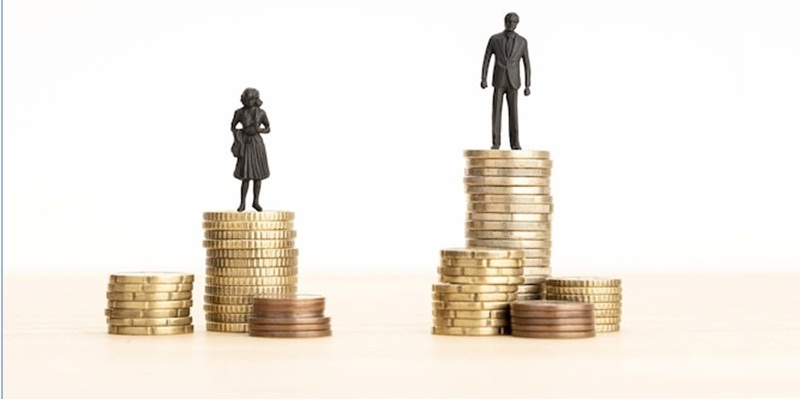Schedule a Call Back
Inequality in this world: What to do?
 Articles
Articles- Jul 29,23

Related Stories

The role of risk management in large projects
Risk is inseparable from project management, particularly in large and long-duration projects, where inadequate risk identification, ownership and follow-up often lead to cost and time overruns. Pra..
Read more
India’s Expanding Nuclear Ambitions and the Emerging Market for Small Reactors
As India’s Vision 2047 sets a target of 100 GW of nuclear capacity, the government is shifting to distributed nuclear generation by deploying smaller reactors across multiple locations, writes R J..
Read more
India’s petrochemical economy: Opportunities for manufacturing industry growth
With supportive government policies and robust market demand, the Indian petrochemical industry has the potential to emerge as a pillar of industrial self-reliance, write R Jayaraman and T C R Amon.
Read more













